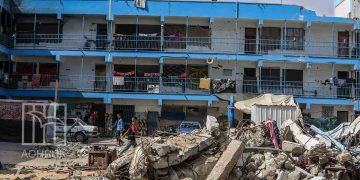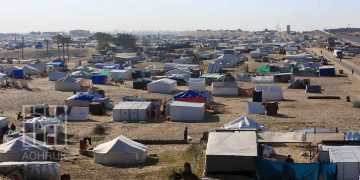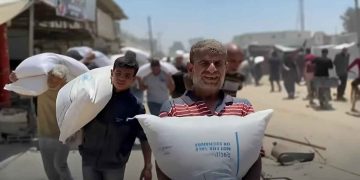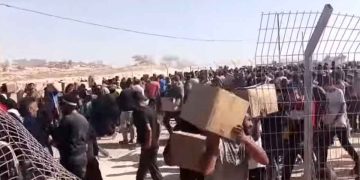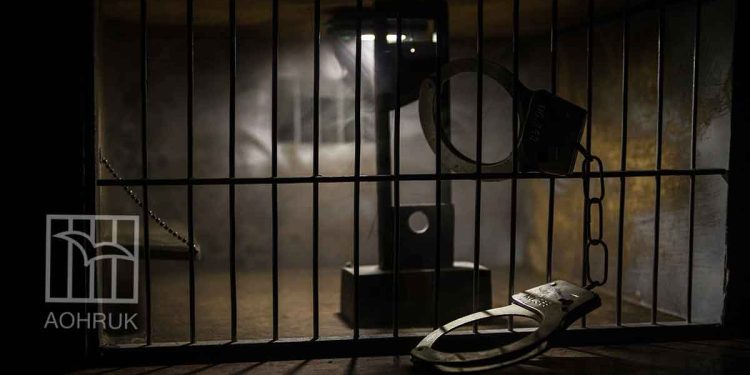In a harrowing scene that reflects a humanitarian tragedy beyond endurance, signs continue to emerge from inside Badr 3 Prison pointing to a rapid psychological collapse among political detainees. Fifteen suicide attempts were recorded in just two weeks, some occurring on the same day, amid conditions described as inhumane.
One of the most telling incidents was the suicide attempt by cardiologist Dr Abdel Rahim Mohamed, who slit his own throat in front of surveillance cameras; a shocking act that lays bare the depth of despair and psychological breakdown. Similarly, economist Dr Abdullah Shehata and political activist Reda Abu El-Gheit attempted to end their lives in what have been described as horrific ways.
Although Badr 3 was constructed as part of a series of modern prisons promoted by the authorities as models of reform and improved detention conditions, the reality tells a starkly different story. Solitary confinement, total isolation from the outside world, prolonged segregation, deliberate medical neglect, and psychological and physical starvation are all core features of a systematic policy aimed at exhausting prisoners and stripping them of their humanity.
The danger is even more pronounced considering that many inmates are elderly or suffer from chronic illnesses. They are held in cramped cells that lack natural light or ventilation, denied access to exercise, adequate medical care, visits, or phone calls, turning their imprisonment into a form of collective punishment.
Since 20 June, a number of prominent political prisoners have begun an open-ended hunger and medication strike in protest against these conditions. Among them are well-known figures, MPs, lawyers, and academics, demanding the most basic rights: release from solitary confinement, access to outdoor exercise, medical care, and visits from family. Yet their pleas have fallen on deaf ears. According to testimonies from within the prison, their suffering has not only been ignored but even met with ridicule.
Efforts to bring these abuses to the courts have been met with silence. In a recent court session, several detainees attempted to speak about the suicides and dire health conditions, but the judge completely disregarded them, and detention renewals proceeded as if nothing had happened.
This is not limited to one prison. Rather, it represents a growing model of collective punishment outside all frameworks of justice. If the current situation continues, Badr 3 may soon become a silent witness to one of the gravest overlooked humanitarian catastrophes in the history of modern incarceration.





